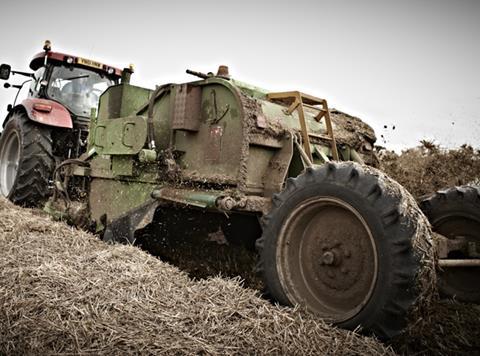
It’s now over six months since I published my report on the integrity of the UK food supply systems. While I have returned to the academic life of teaching and conducting research, I have been quite overwhelmed with requests for advice from industries all over the world about how to help make supply chains more secure. Many of these contacts were with companies and trade associations I met during the review period. I think this is a very positive sign that things are changing, and I believe for the better.
On a slightly more negative note, the sharing of important non-competitive information across the different sectors of the food industry is still quite fragmented. I’m also quite surprised few UK retailers appear to have adopted independently verifiable DNA traceability systems that are now available.
The cost seems minimal in terms of the price of beef and the amount of benefit in terms of verification of supply appears substantial. Other parts of Europe, in the wake of Horsegate, have implemented such systems.
“Restoring the trust of the consumer must remain a major driver”
Beyond horsemeat, it didn’t take long for another authenticity challenge to appear - and this time it wasn’t meat but rather herbs and spices. Commodities that make their way into thousands of different food products. As an observer this time, I have been impressed by the quick responses of the industry and FSA to the new challenge. In terms of food safety, I was deeply concerned to read of nut contamination, as in my report to government I did mention it as a particular risk. Many were caught off-guard when Horsegate happened, but should we have been equally surprised at fraud in herbs and spices? To someone who studies food fraud, the answer is clearly no: they are high-value commodities traded across long and complex supply chains; there has been evidence of crop failures globally and a long history of problems with contamination. The real difficulty lies in predicting what form the fraud will take. Those who perpetrate it are cunning and will always be working on ways to prevent detection.
I’m told substantial testing was undertaken very quickly and collaboration between industry and government was very apparent in trying to track down implicated supply chains.
While the challenges to our food supply systems appear to be getting more frequent, the efforts of the UK food industry and government to ensure its integrity should not be underestimated. Still, restoring and retaining the trust of UK consumers in our food system must remain a major priority.
This has been brought home to me by some of my current research as an academic, looking at consumer trust in China. Due to numerous food scandals in China over recent years, trust is very low. If we in the UK can get things right in terms of delivering the highest integrity food system, surely the opportunities to drive exports to one of the world’s biggest economies are enormous.
Chris Elliot is director of the Institute of Global Food Sevurity at Queen’s University, Belfast













No comments yet